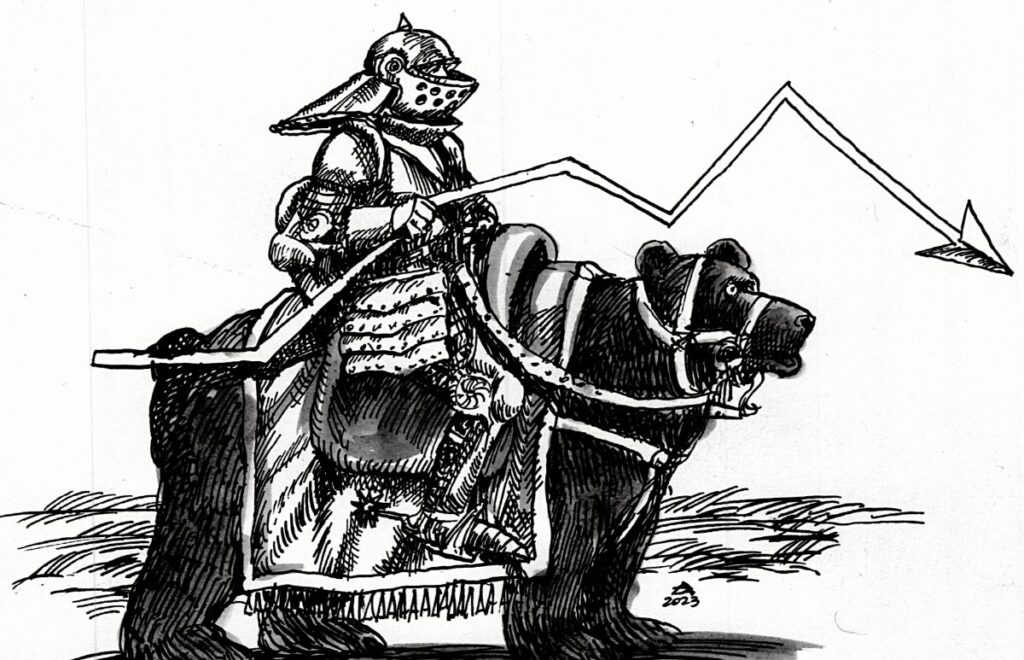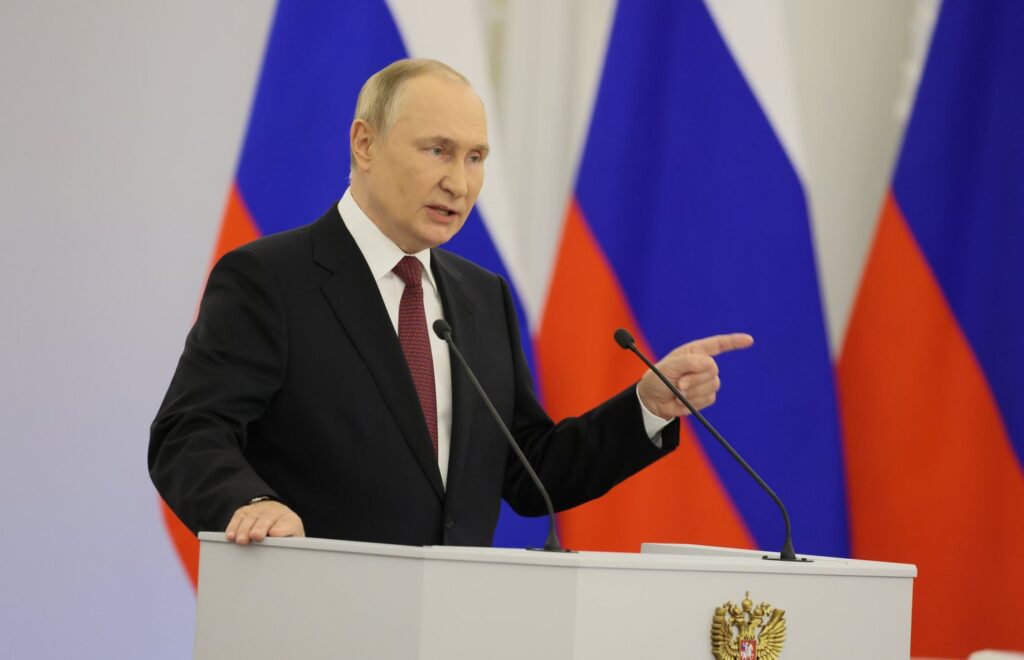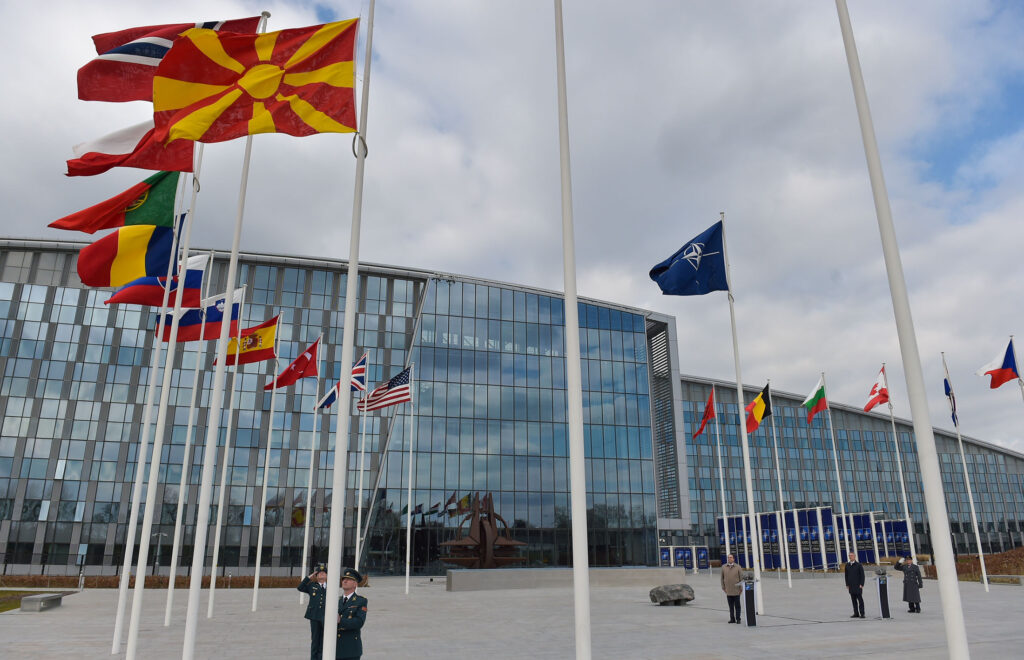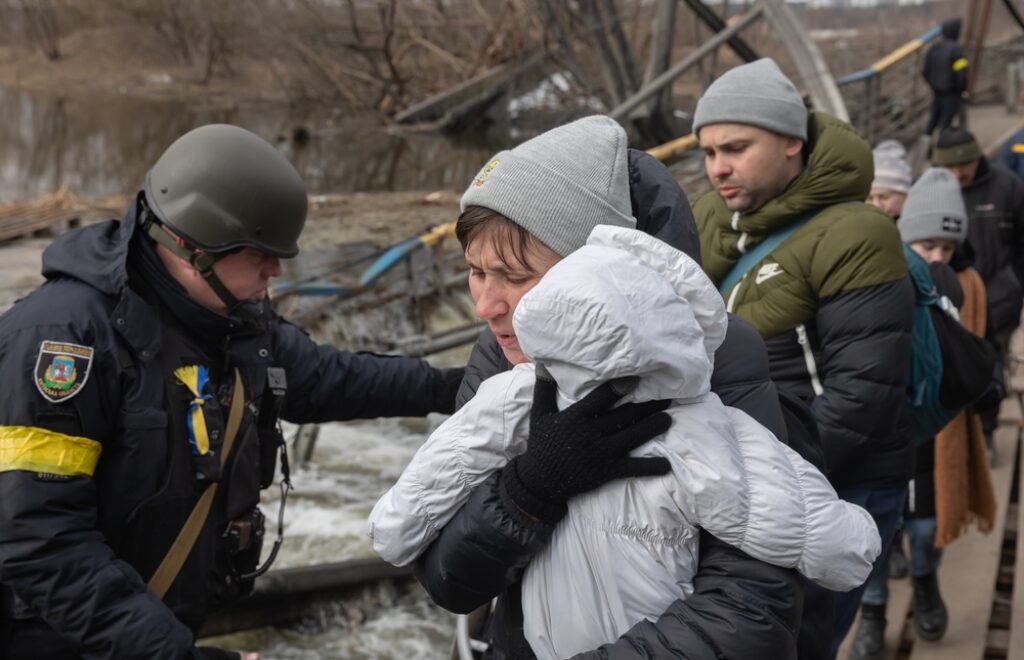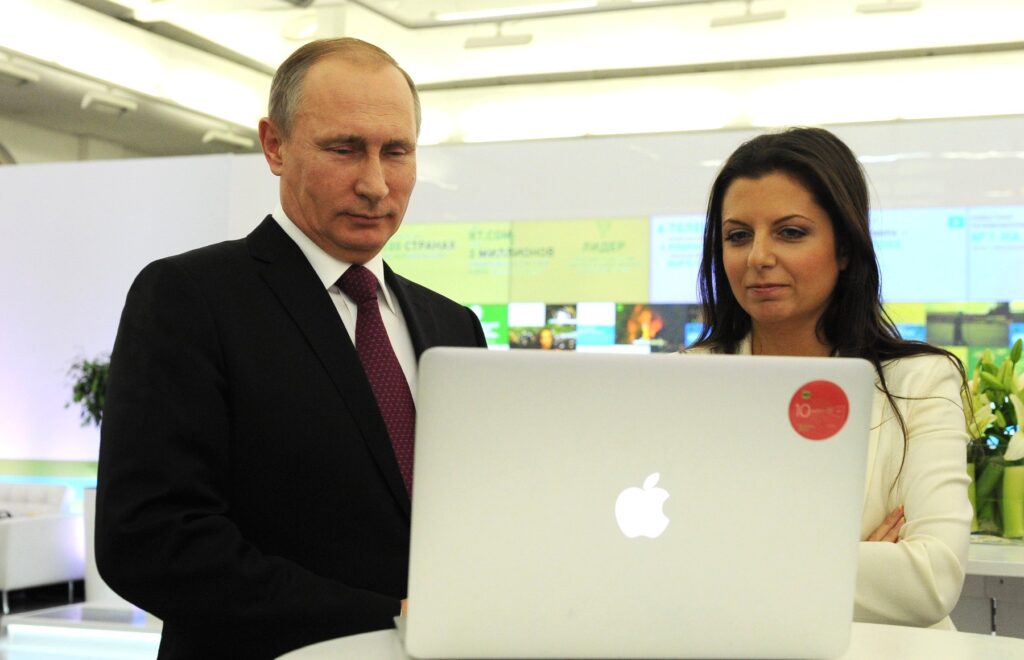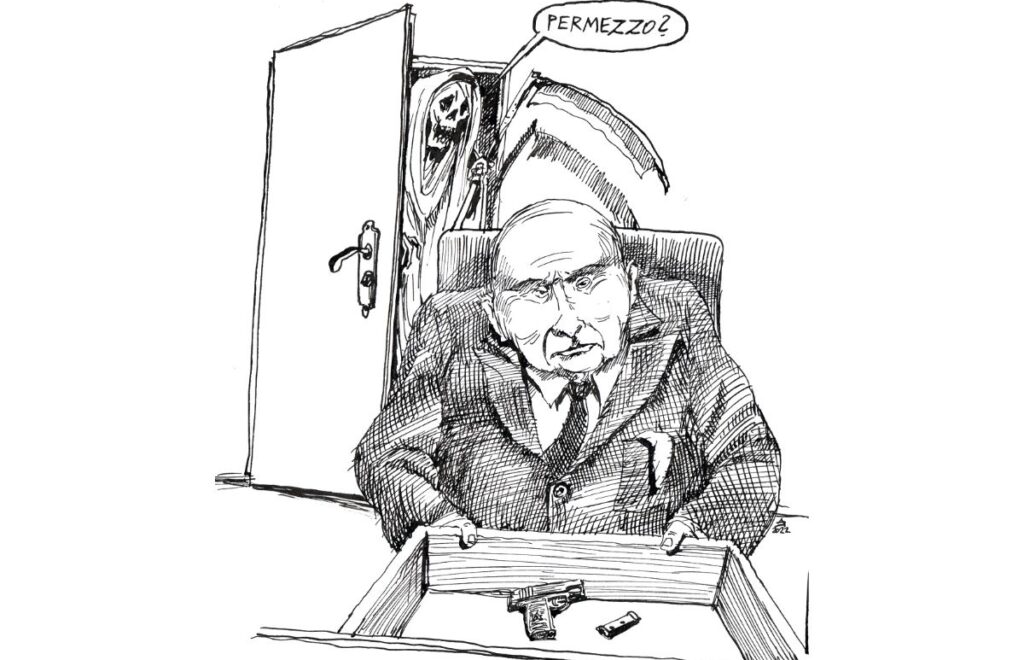The nightingales singing to the wounded. How Ukrainian medical staff save lives under fire
At the time of writing, the Battle of Bakhmut, reportedly the deadliest so far since the full-scale Russian invasion of Ukraine, is far from over. Even though there have been reports about Ukrainian forces pulling out from Bakhmut, the city continues to be the centre of military activity. Ukrainian forces still held some segments of the city for at least several days after the international media announced the Russian takeover in late May 2023.
July 4, 2023 - Kateryna Pryshchepa



